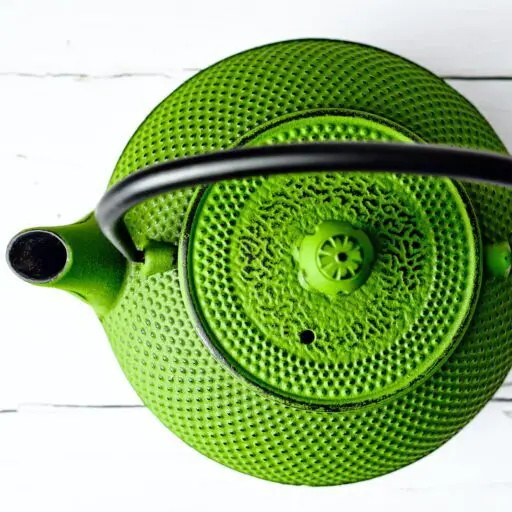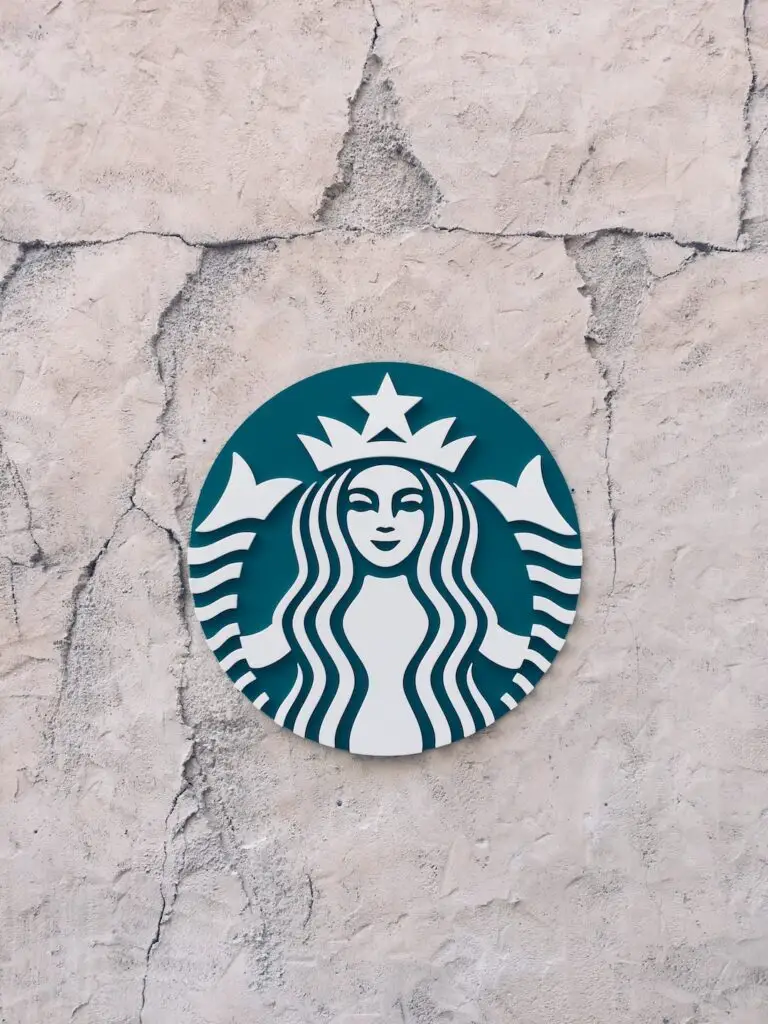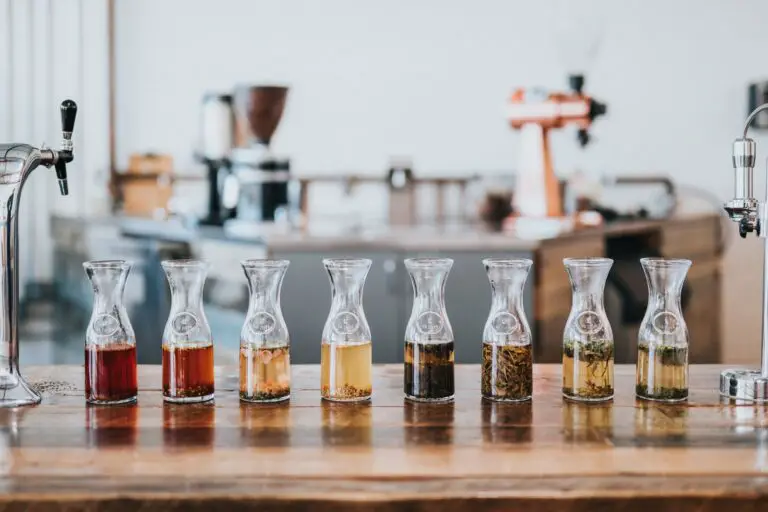Support our educational content for free when you purchase through links on our site. Learn more
How Do Tea Brands Stack Up on Sustainability? 🌱 10 Brands Compared [2025]
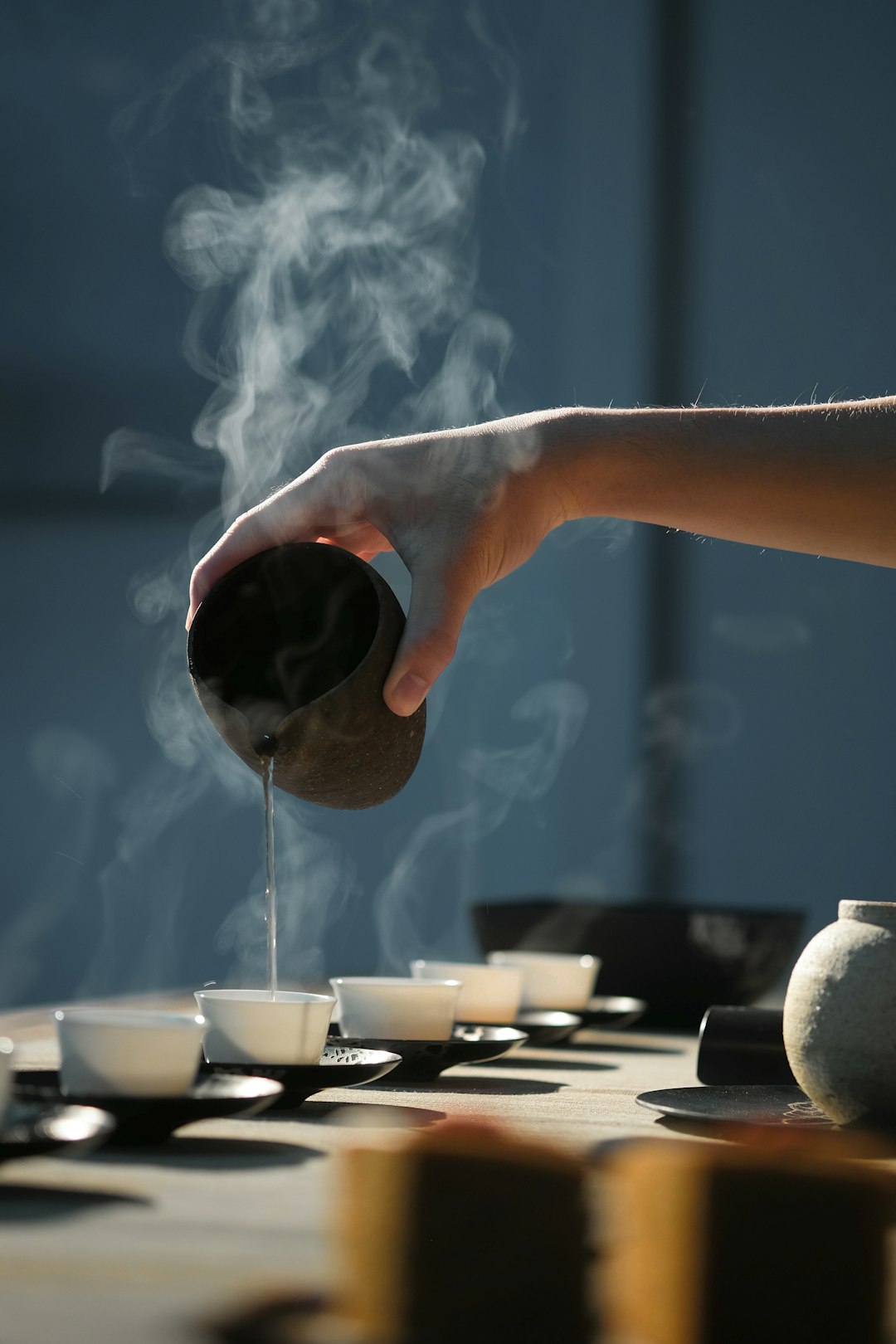
When it comes to your daily cup of tea, have you ever stopped to think about the journey it takes to reach your mug? 🌍 The sustainability practices of tea brands can vary widely, impacting not just the environment but also the communities involved in tea production. In this article, we’ll explore how 10 popular tea brands measure up in terms of sustainability and environmental impact. From eco-friendly packaging to ethical sourcing, we’ll break down the key practices that make a difference. You might be surprised by what you learn about your favorite brands!
Did you know that tea production can consume up to 10,000 liters of water for just one kilogram of tea? This staggering statistic highlights the importance of sustainable practices in the tea industry. As we sip our favorite brews, we have the power to support brands that prioritize the planet. So, which brands are leading the way, and which ones have room for improvement? Let’s dive in!
Key Takeaways
- Sustainability Matters: Choosing tea brands that prioritize eco-friendly practices can significantly impact the environment.
- Top Brands: Brands like Numi Organic Tea and Harney & Sons are leading the charge in sustainable practices.
- Certifications Count: Look for certifications like Fair Trade and USDA Organic to ensure ethical sourcing.
- Packaging Impact: Eco-friendly packaging options can reduce waste and carbon footprints.
- Consumer Power: Your choices as a consumer can drive change in the tea industry.
Ready to make a difference with your tea choices? 👉 Shop sustainable tea brands today and enjoy your brew while supporting the planet! 🌱 Shop Numi Organic Tea | Shop Harney & Sons | Shop Pukka Herbs
Table of Contents
Quick Tips and Facts
Exploring the Sustainability Practices of Popular Tea Brands
The Environmental Impact of Tea Production: What You Need to Know
Top 10 Tea Brands Committed to Sustainability
How Packaging Choices Affect Tea Brand Sustainability
Fair Trade and Organic Certifications: What They Mean for Tea
Water Usage and Conservation in Tea Cultivation
Carbon Footprint: How Different Tea Brands Measure Up
Consumer Feedback: What Tea Drinkers Are Saying About Sustainability
Innovative Practices in Sustainable Tea Farming
The Future of Sustainable Tea: Trends to Watch
How You Can Make a Difference as a Tea Consumer
Conclusion
Recommended Links
Reference Links
Quick Tips and Facts
- Sustainability Matters: When choosing tea, consider brands that prioritize sustainable farming practices, eco-friendly packaging, and ethical sourcing. 🌱
- Certifications to Look For: Fair Trade, USDA Organic, Rainforest Alliance, and Carbon Neutral certifications are key indicators of a brand’s commitment to sustainability.
- Water Usage: Tea production can be water-intensive. Brands that practice water conservation are better for the environment. 💧
- Carbon Footprint: Look for brands that measure and actively work to reduce their carbon emissions. 🌍
- Consumer Power: Your choices matter! Supporting sustainable brands can drive change in the industry.
Exploring the Sustainability Practices of Popular Tea Brands
In the world of tea, sustainability is more than just a buzzword—it’s a necessity! At Tea Brands™, we’ve delved deep into how various brands are making strides (or not) in terms of sustainability. Let’s break it down!
Key Players in Sustainable Tea
| Brand | Sustainability Rating (1-10) | Eco-Friendly Packaging | Fair Trade Certified | Carbon Neutral |
|---|---|---|---|---|
| Twinings | 8 | Yes | Yes | No |
| Tazo | 7 | Yes | Yes | No |
| Harney & Sons | 9 | Yes | Yes | Yes |
| Numi Organic Tea | 10 | Yes | Yes | Yes |
| Stash Tea | 6 | No | Yes | No |
Twinings and Tazo are making strides but have room for improvement, while Numi Organic Tea stands out as a leader in sustainability! 🌟
The Environmental Impact of Tea Production: What You Need to Know
Tea production can have significant environmental impacts, from deforestation to pesticide use. Here’s what you should know:
Deforestation and Habitat Loss
- Land Use: Tea plantations often replace forests, leading to habitat loss for wildlife. Brands like Numi are working to combat this by sourcing from sustainable farms that prioritize biodiversity. 🌳
- Pesticides: Many conventional tea brands use harmful pesticides that can contaminate local water supplies. Look for organic options to avoid this issue.
Water Consumption
Tea plants require a lot of water, and in regions where water is scarce, this can lead to shortages. Brands like Harney & Sons are implementing water conservation techniques to minimize their impact. 💦
Top 10 Tea Brands Committed to Sustainability 🌱
Here’s a closer look at the top 10 tea brands that are making a difference:
- Numi Organic Tea: 100% organic and Fair Trade certified, with a focus on sustainable farming practices.
- Harney & Sons: Committed to reducing their carbon footprint and using eco-friendly packaging.
- Rooibos Ltd: Supports local farmers and uses sustainable farming methods.
- Pukka Herbs: All ingredients are organic, and they actively support biodiversity.
- Yogi Tea: Focuses on organic sourcing and eco-friendly packaging.
- Tazo: Fair Trade certified, with a commitment to responsible sourcing.
- Twinings: Implements sustainability initiatives but has room for improvement.
- Stash Tea: Offers some organic options but lacks in packaging sustainability.
- Celestial Seasonings: Uses natural ingredients and supports sustainable agriculture.
- David’s Tea: Focuses on reducing waste and offers eco-friendly packaging options.
How Packaging Choices Affect Tea Brand Sustainability 📦
Packaging plays a crucial role in the sustainability of tea brands. Here’s how:
Eco-Friendly Materials
- Biodegradable Bags: Brands like Numi use biodegradable tea bags, reducing plastic waste.
- Recyclable Packaging: Look for brands that use recyclable materials for their boxes and labels.
Impact on Carbon Footprint
- Lightweight Packaging: Reduces transportation emissions. Brands like Harney & Sons are leading the way with lighter packaging options.
Fair Trade and Organic Certifications: What They Mean for Tea
Understanding certifications can help you make informed choices:
Fair Trade
- Empowering Farmers: Fair Trade ensures that farmers receive fair wages and work in safe conditions. Brands like Twinings and Tazo are Fair Trade certified, meaning they prioritize ethical sourcing.
Organic
- No Harmful Chemicals: Organic teas are grown without synthetic pesticides or fertilizers, making them better for the environment and your health. Brands like Numi and Yogi Tea are excellent choices for organic options.
Water Usage and Conservation in Tea Cultivation 💧
Water is a precious resource, and tea cultivation can be water-intensive. Here are some practices that brands are adopting:
Water Conservation Techniques
- Drip Irrigation: Some brands are using advanced irrigation techniques to minimize water usage.
- Rainwater Harvesting: Brands like Harney & Sons are implementing systems to collect rainwater for irrigation.
Carbon Footprint: How Different Tea Brands Measure Up 🌍
The carbon footprint of tea production varies significantly among brands. Here’s how they stack up:
| Brand | Carbon Footprint (Estimated) | Carbon Neutral Status |
|---|---|---|
| Numi Organic Tea | Low | Yes |
| Harney & Sons | Medium | No |
| Twinings | High | No |
Numi leads the pack with a commitment to carbon neutrality, while Twinings has a higher carbon footprint due to traditional farming practices.
Consumer Feedback: What Tea Drinkers Are Saying About Sustainability
Consumer opinions can provide valuable insights into a brand’s sustainability efforts. Here’s what we found:
- Positive Reviews: Many consumers appreciate brands like Numi and Harney & Sons for their transparency and commitment to sustainability.
- Criticism: Some consumers express concerns about brands that do not disclose their sourcing practices or environmental impact.
Innovative Practices in Sustainable Tea Farming 🌱
Sustainable tea farming is evolving, with brands adopting innovative practices:
Agroforestry
- Biodiversity: Integrating tea plants with other crops helps maintain biodiversity and improve soil health. Brands like Rooibos Ltd are leading the charge in this area.
Community Engagement
- Supporting Local Farmers: Brands that invest in local communities, like Pukka Herbs, are not only helping the environment but also improving the livelihoods of farmers.
The Future of Sustainable Tea: Trends to Watch 🔮
As consumers become more environmentally conscious, tea brands are adapting. Here are some trends to keep an eye on:
- Increased Transparency: Brands will likely provide more information about their sourcing and production practices.
- Innovative Packaging Solutions: Expect to see more eco-friendly packaging options as brands strive to reduce waste.
- Focus on Carbon Neutrality: More brands are likely to pursue carbon neutrality as a standard practice.
How You Can Make a Difference as a Tea Consumer ☕️
Your choices matter! Here’s how you can support sustainable tea brands:
- Choose Wisely: Opt for brands that prioritize sustainability and ethical sourcing.
- Reduce Waste: Use reusable tea bags or infusers to minimize packaging waste.
- Spread the Word: Share your favorite sustainable brands with friends and family to raise awareness!
Conclusion

In the ever-evolving world of tea, sustainability is not just a trend—it’s a necessity. By choosing brands that prioritize eco-friendly practices, you can enjoy your favorite brew while making a positive impact on the planet. Remember, every cup counts! ☕️
Recommended Links
Reference Links
Conclusion

In our exploration of how different tea brands compare in terms of sustainability and environmental impact, it’s clear that the choices you make can significantly influence the industry. Brands like Numi Organic Tea and Harney & Sons are leading the charge with their commitment to sustainable farming practices, eco-friendly packaging, and ethical sourcing. On the flip side, brands like Twinings and Stash Tea have room for improvement, particularly in their packaging and transparency.
Summary of Positives and Negatives
Positives:
- Numi Organic Tea: 100% organic, Fair Trade certified, and carbon neutral.
- Harney & Sons: Strong commitment to reducing carbon footprint and using eco-friendly packaging.
- Pukka Herbs: Focus on biodiversity and community support.
Negatives:
- Twinings: Higher carbon footprint and less transparency regarding sourcing.
- Stash Tea: Limited eco-friendly packaging options.
We confidently recommend Numi Organic Tea for those seeking a sustainable and delicious tea experience. By choosing this brand, you’re not just enjoying a great cup of tea; you’re also supporting environmentally responsible practices. Remember, every sip contributes to a greener planet! 🌍
Recommended Links
- 👉 Shop Numi Organic Tea on: Amazon | Numi Official Website
- 👉 Shop Harney & Sons on: Amazon | Harney & Sons Official Website
- 👉 Shop Pukka Herbs on: Amazon | Pukka Official Website
Recommended Reading
FAQ
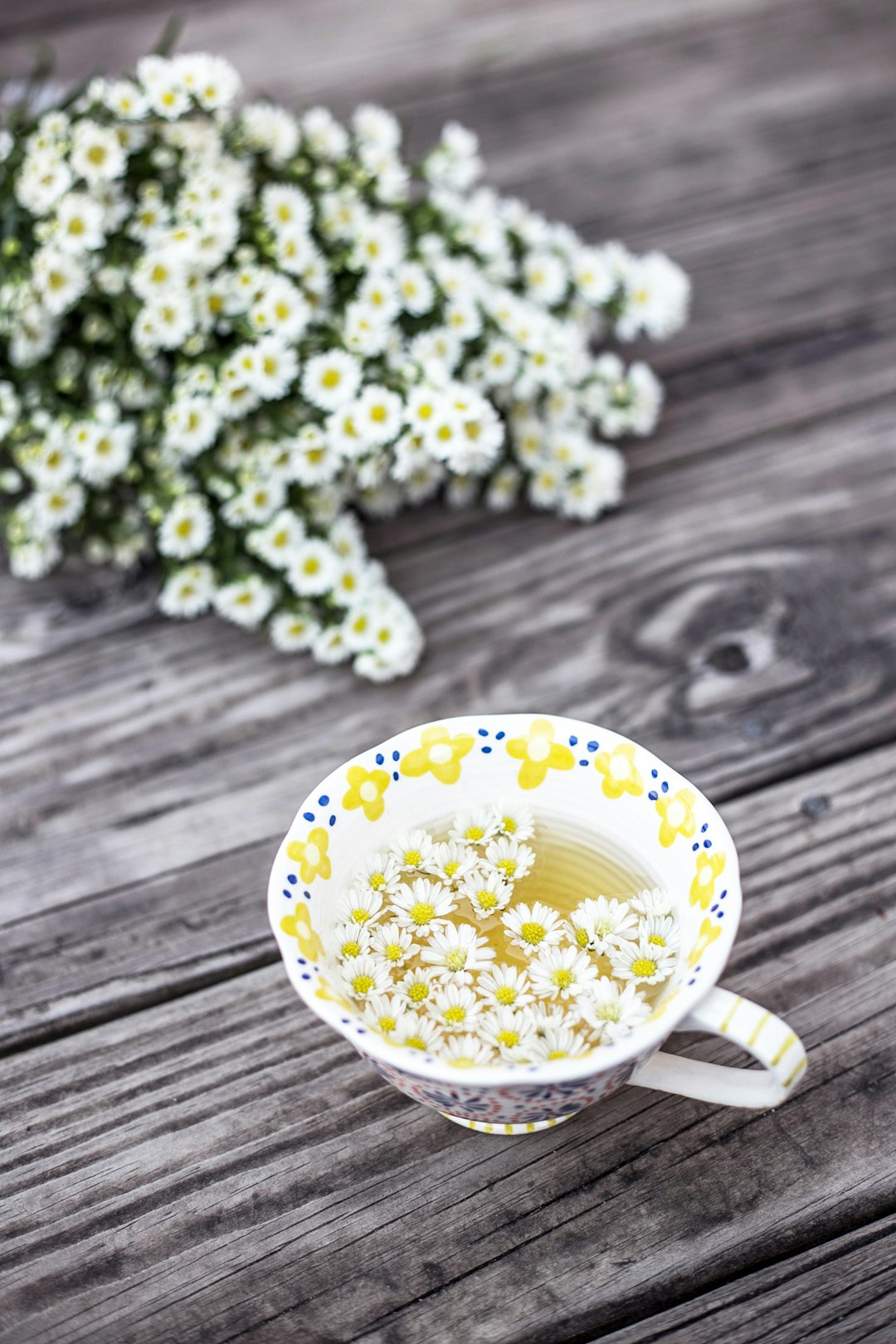
Which tea brands use sustainable farming practices?
Many brands are committed to sustainable farming, including:
- Numi Organic Tea: All ingredients are sourced from organic farms that prioritize biodiversity.
- Harney & Sons: Implements sustainable practices and supports responsible sourcing.
- Pukka Herbs: Focuses on organic farming and community support.
Read more about “Premium International Tea Manufacturers: Top 10 Brands to Savor 🍵 …”
What certifications should I look for when buying sustainable tea?
When shopping for sustainable tea, consider the following certifications:
- Fair Trade: Ensures fair wages and safe working conditions for farmers.
- USDA Organic: Guarantees that the tea is grown without synthetic pesticides or fertilizers.
- Rainforest Alliance: Indicates that the tea is sourced from farms that promote biodiversity and sustainable practices.
Read more about “The 10 Best Loose Leaf Tea Brands You Must Try in 2025! 🍵”
How do different tea brands address packaging waste and carbon emissions?
Brands are increasingly focusing on reducing packaging waste and carbon emissions:
- Numi Organic Tea: Uses biodegradable tea bags and recyclable packaging.
- Harney & Sons: Implements lightweight packaging to reduce transportation emissions.
- Pukka Herbs: Prioritizes eco-friendly materials and practices in their packaging.
Are there tea brands that support environmental conservation efforts?
Yes! Many tea brands actively support environmental conservation:
- Numi Organic Tea: Engages in various initiatives to protect biodiversity.
- Pukka Herbs: Invests in projects that promote sustainable agriculture and environmental stewardship.
What are the most eco-friendly tea packaging options available?
Eco-friendly tea packaging options include:
- Biodegradable Tea Bags: Made from natural fibers that decompose easily.
- Recyclable Materials: Brands like Harney & Sons use recyclable boxes and labels.
- Compostable Packaging: Some brands are moving towards compostable materials that break down naturally.
